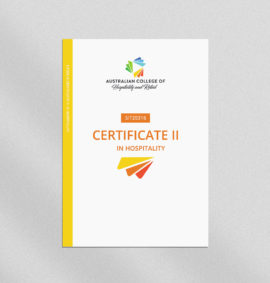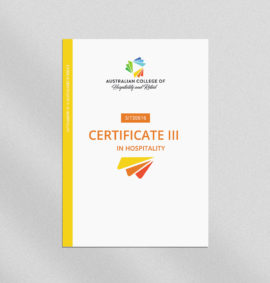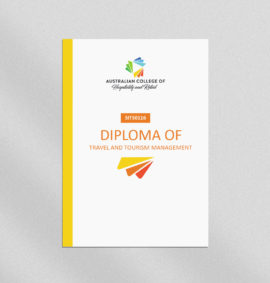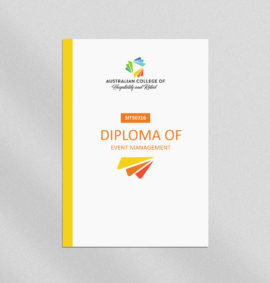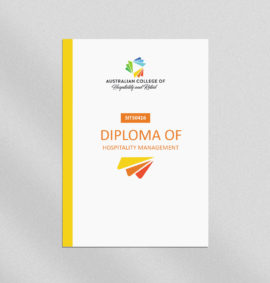
Event Management in 2022
Throughout the pandemic, many different jobs went through both temporary and permanent change in how they did and continue to do business. Personal trainers and gyms started doing online classes, restaurants went to delivery only, and educational institutions, from primary school to university, moved their classes online. Another industry which found it necessary to adapt to an online delivery model to survive is event management. With all facets of event management, from caterers to the venues, to the event management companies themselves shut down, conferences, in house meetings, and everything in between, were taken online. As everything returns to something resembling normality, event management like so many other industries, has been changed permanently. As well as the adaptions required to handle covid and continue business, clients are also after more environmentally friendly events and the venues themselves are also having to demonstrate their environmental awareness. This means that the event managers will need to build upon their existing knowledge and skill base to continue to thrive and be successful in this new era of business and societal norms.

Event management skills
Being an event manager requires an individual with a broad variety of traits and skills. Following these last tumultuous years, those skills and traits need to become even more broad for an event manger or an event management business to continue to be successful. To start with, event managers need to have strong inter-personal skills and leadership qualities, as in this role, you will be the fulcrum upon which everything and everyone balances to create a smooth and enjoyable experience for your client. You will need to organise all manner of services, from furniture and audiovisual systems, to catering and guest speakers. Having responsibility for each of these items will require event managers to be constantly on the ball with their communication- there is no time to be screening calls. Being able to keep a tight schedule and be a master of time management will be essential in getting all elements together for your event. Another skill to be well versed in is being able to be a good listener and being able to read between the lines of what is being said to discover what is not. This can help uncover hidden details of what a client wants but cannot quite articulate, which can make all the difference between a great event and an amazing one.

Hybrid events
This year the event management industry will certainly see the return of in person events, albeit with an extra focus on hygiene and health safety. With the arrival of virtual events during covid and the growing proficiency in hosting them, we will also see more and more hybrid events, which combine a traditional in person environment with that of virtual. Virtual events will themselves see their popularity continue, especially as 84 percent of event organisers have come to the realisation that virtual events are far more affordable than in person events. By combining virtual elements with a typical event experience, event organisers can reach a broader audience on behalf of their clients. Hybrid events also give access to those who are perhaps not able to make it to the event in person, and can give them a personalised, high quality experience that gives them the full picture of a business and their brand.

Environment friendly events
Event management, as is the case with most other industries, is moving towards more environmentally sustainable practices. When planning an environmentally friendly event, there are various things that can be implemented which contribute to reducing the carbon footprint. As previously mentioned, this can start with organising a hybrid event to give access to those who might otherwise have to travel a considerable distance which would contribute to emissions. Further to this, technology can be leveraged to send out email or other digital forms of invitation and to create digital programs or event guides. When organising an event, sourcing food and equipment from local and sustainable suppliers helps both the environment and the local businesses. Following the conclusion of an event, donating leftover food to charity can ensure that food waste is kept to a minimum.
Event venues are also able to take steps to show that they are becoming more environmentally friendly. They can do this by adhering to things such as LEED (Leadership in Energy and Environmental Design), which is a globally recognised framework for creating “healthy, highly efficient, and cost saving green buildings”. Another global certification which event spaces can attain through proper environmental practices, is the green star certification from the International Association of Conference Centres. The IACC code of sustainability which is made up of 60 tenets (beliefs) in these areas: Education, awareness and public declaration, waste management, recycling, reuse, water conservation, purchasing, energy management, air quality, and food and beverage. Depending on how many of these principles venues abide by, the IACC ranks them from platinum, to gold, and silver. While the venues can do their part to help the environment, it is up to the event planners to communicate this aspect of the event to their clients to ensure that they are the venues that are used.

Jobs in events
The term event management is quite general, and under it there are several different roles. These roles include:
• In-house Meetings Coordinator: these individuals work within a business to organise internal meetings and events. They are normally responsible for maintaining a corporate schedule and planning budgets for the meetings. The meetings that they organise can be within one area of a business, between multiple areas or they can be meetings which occur with external parties. These roles normally exist within the corporate world. You can expect to earn $55000 and will generally need to hold at least a diploma of event management to be qualified for the role.
• Conference Coordinator: as a conference coordinator, you would be responsible for the hiring of all audiovisual equipment and furniture required for the conference. You would also be required to contact the guest speakers that would need to be invited, organise the conference schedule, and select a caterer for the event. You will also oversee the booking of meeting rooms at the centre and handle any booking cancellations. The average salary for a conference coordinator in Australia is $53,450 and the educational requirements start at diploma level.
• Event Sales Coordinator: an event sales coordinator is responsible for all the sales processes involved in hosting an event. Their main task involves selling tickets for an event and making sure that those tickets are sold well in advance of an event occurring to ensure cash flow for further purchases for the event. They must organise various payment methods for sales to occur and to make sure that attendees who pay for a certain level of entry, receive the correct pass on the day of the event. Following an event, the sale coordinator oversees registering attendees for future events. To work as an event sales coordinator, you require a diploma in event management. You can expect to earn a salary of somewhere between $55000 and $65000.

In closing
Like most other areas within hospitality, event management took a hammering from covid but was able to quickly adapt using existing and emerging technology, to continue in the virtual space. Into 2022 and beyond, events will continue to be more hybrid in nature. Event planners and venues will also have to become more environmentally aware, reducing both their carbon footprint and improving their brands image in the process. Changing and adapting quickly, as it is in many other sectors in the modern age, will be the key to continued success for event managers especially s the world continues to exist in such a tempestuous state.


